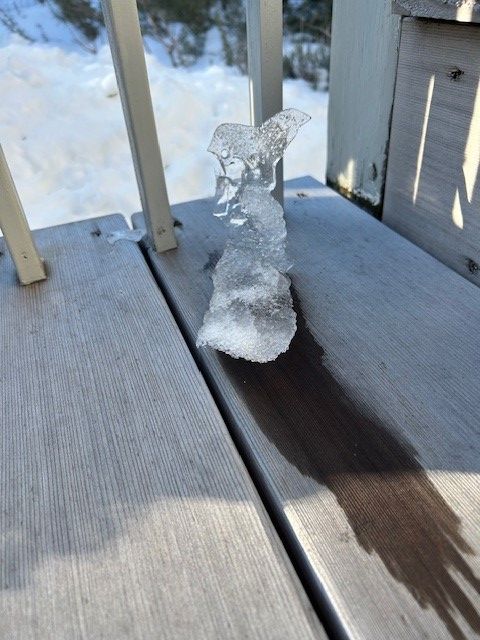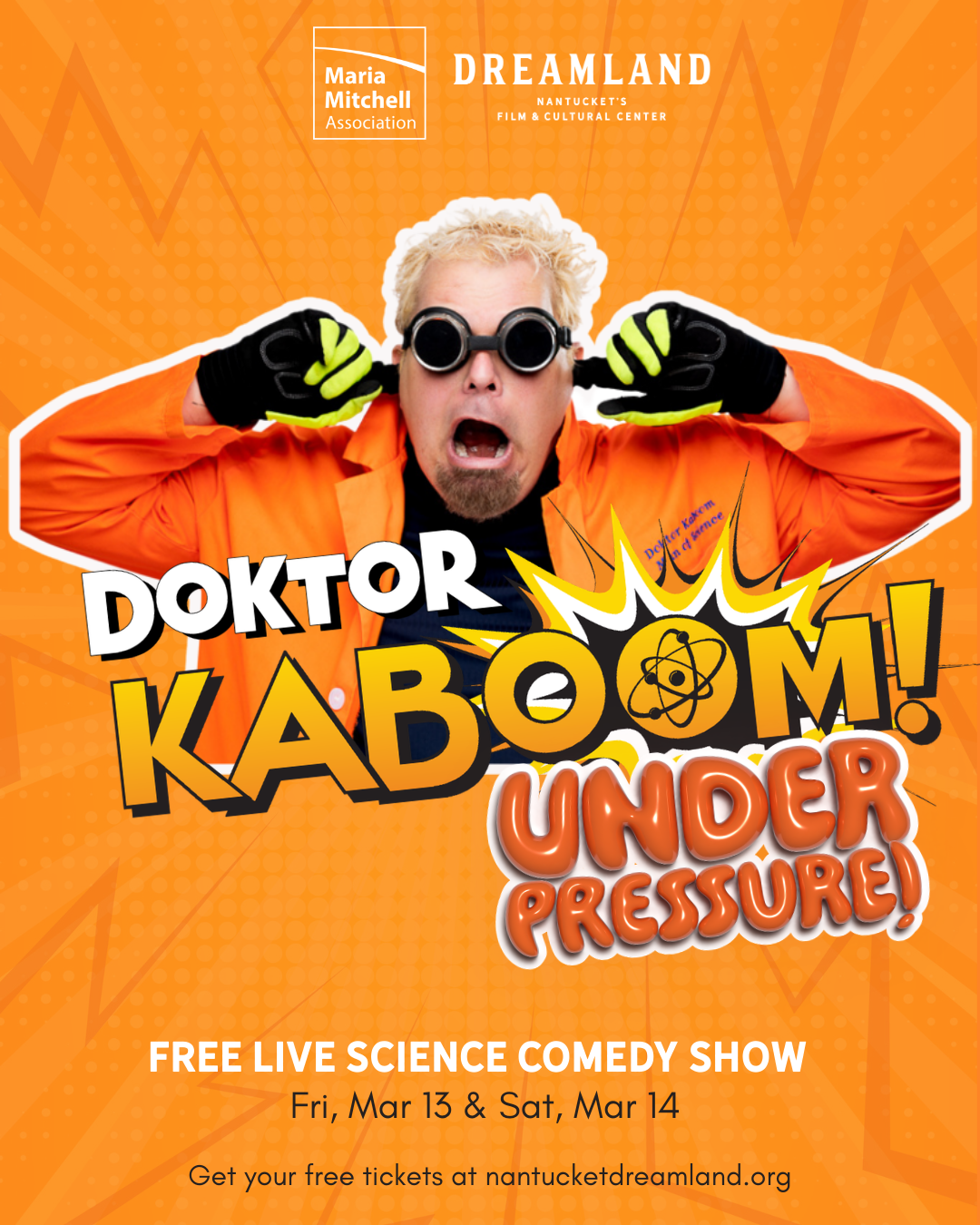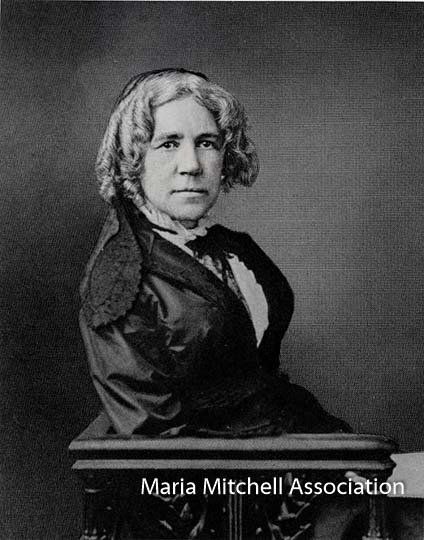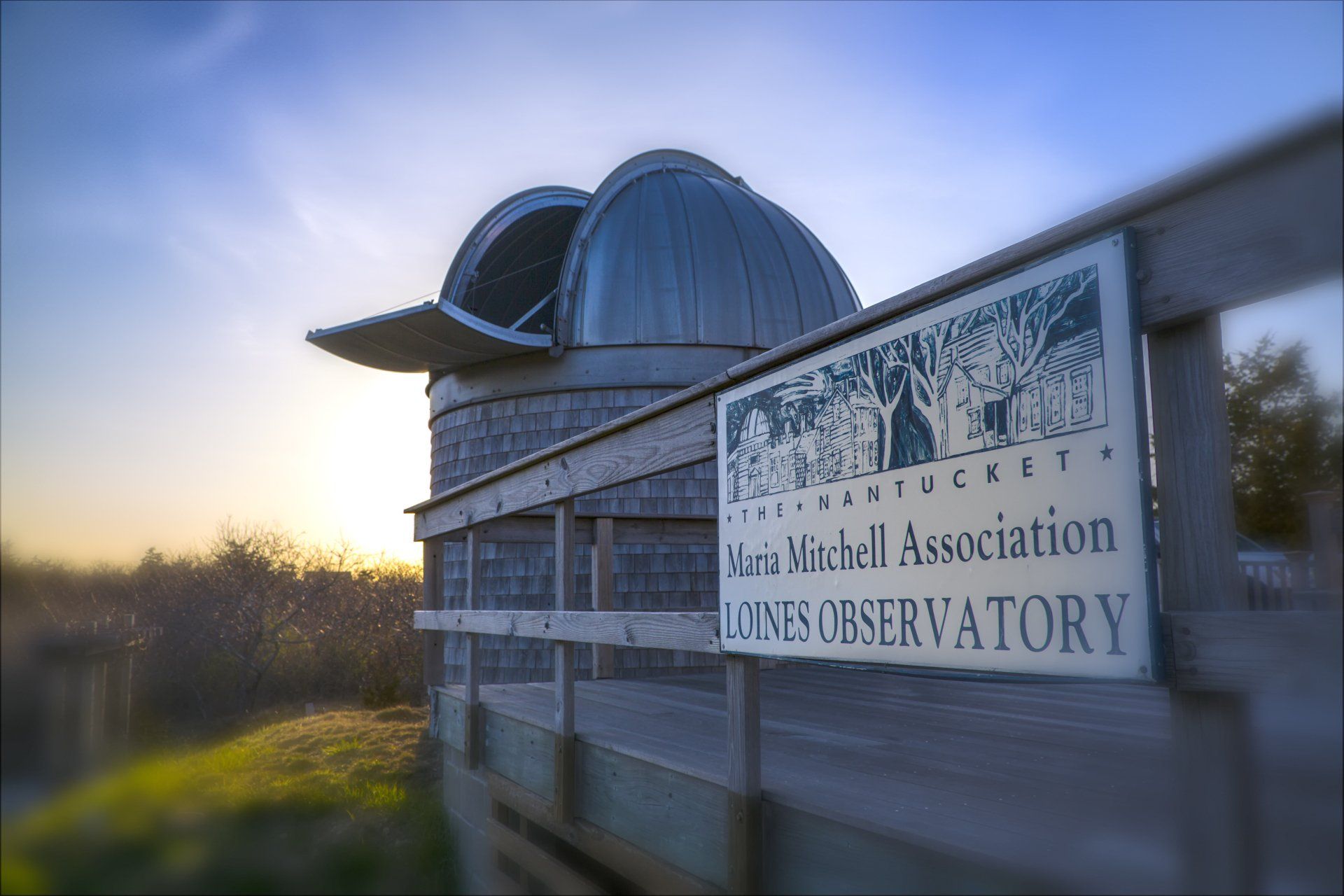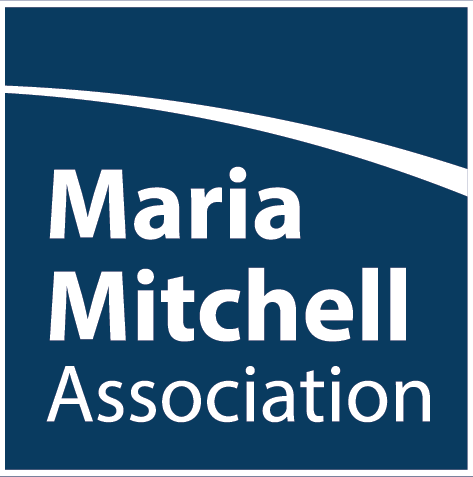Letters
I am often worried about the fact that we are now, for the most part, no longer letter writers or journal keepers. This is even more pronounced for me as I work with Maria Mitchell’s papers and letters or I work with those of other people as I conduct research. What will people know about us? What will they have to read to learn about us? E-mails are deleted, text messages or Tweets are a few words long and deleted as well and with changes in the Internet and computers, what will happen to blogs? None of this is stored in a more stable and permanent way – yes, paper can have its issues with time but still.
I glean so much from a letter, a journal, or even a newspaper clipping. It’s kind of like gardening. I can simply read through a letter or journal page enjoying what I read and not taking notes but just absorbing the “surroundings” much as I might enjoy walking around my garden to see what is blooming at the moment. Or I can take a few notes about things that I might be looking for or something else that is interesting and I was not aware I would find – sort of like picking a bouquet and finding other flowers I did not realize were blooming and adding them into the bouquet or making a new small one. And then there is gleaning or maybe full on harvesting. Where I find exactly what I was looking for and loads of information which will assist me in my research.
But what about now? In the twenty-first century? I sometimes feel like I am one of the last letter writers. I have a few friends who I correspond with by writing real, put them in the mailbox with a stamp, letters. One of those is a friend I have had since I was fourteen years old. Her name is Sonja. She is from Germany and we have been pen pals since we were in junior high school. Now, how many children have pen pals today and how many will continue to write them letters well into adulthood? (It’s about twenty-six years for us.) This experience – writing to one another regularly, sharing information about oneself and one’s family and country and school, and what life is like in that country is an important one.
Someday, if we should be so lucky, maybe our letters will wind up in an archive, and someone will use them to learn about us, our daily life as teenagers (and now adults), our families, and our everyday life and surroundings. I think our correspondence has certainly made an impression on Sonia’s nine year old daughter who travelled with her. You see, Sonja and I have never met face-to-face and we did so just last week for the first time. We already knew one another so well it seemed from twenty-six years of letter writing (and now a little email thrown in – though we still write our letters!), it was almost natural to have her come and stay with us for a few days.
It sounds mundane but you learn a lot from letters or journals. So please, keep a journal, write some letters – you will make the post office happy! – and try sharing more than just a fleeting Tweet. Your descendants and others will thank you for it!
JNLF
Recent Posts
